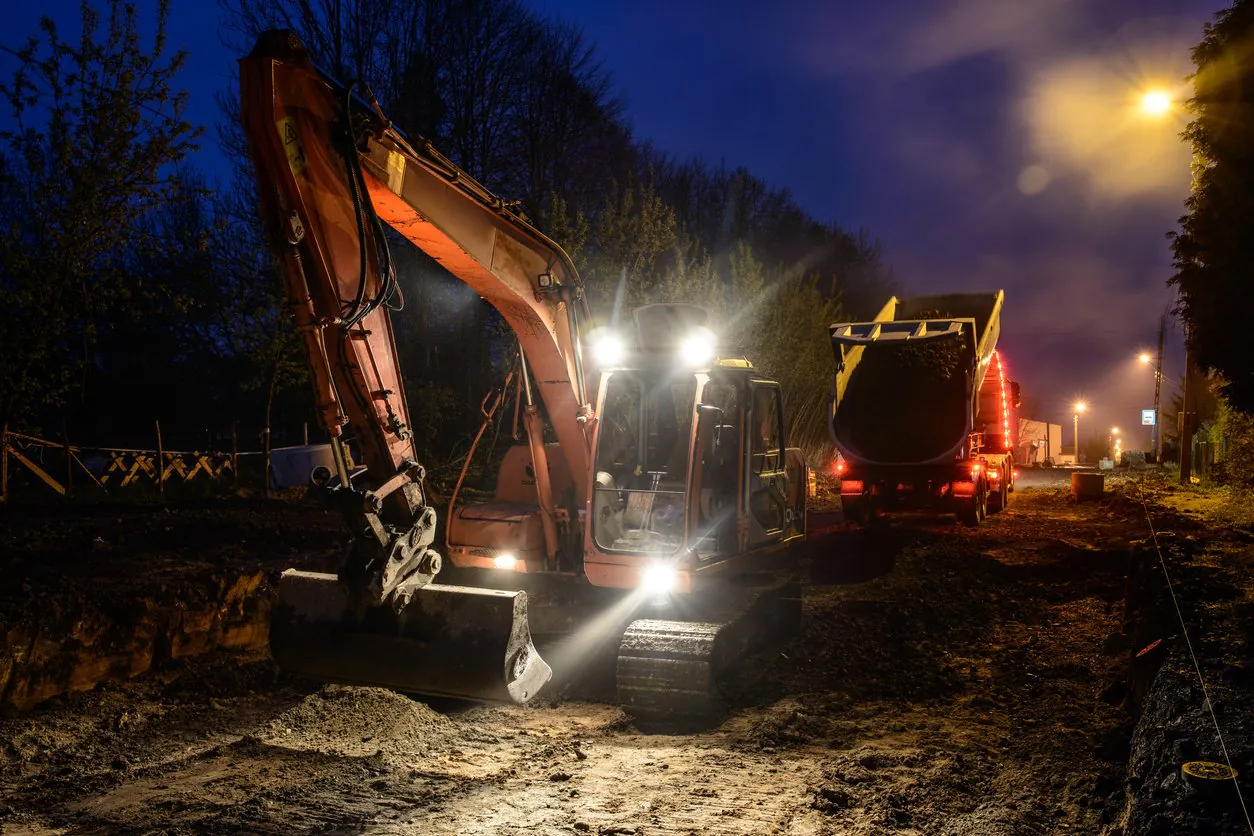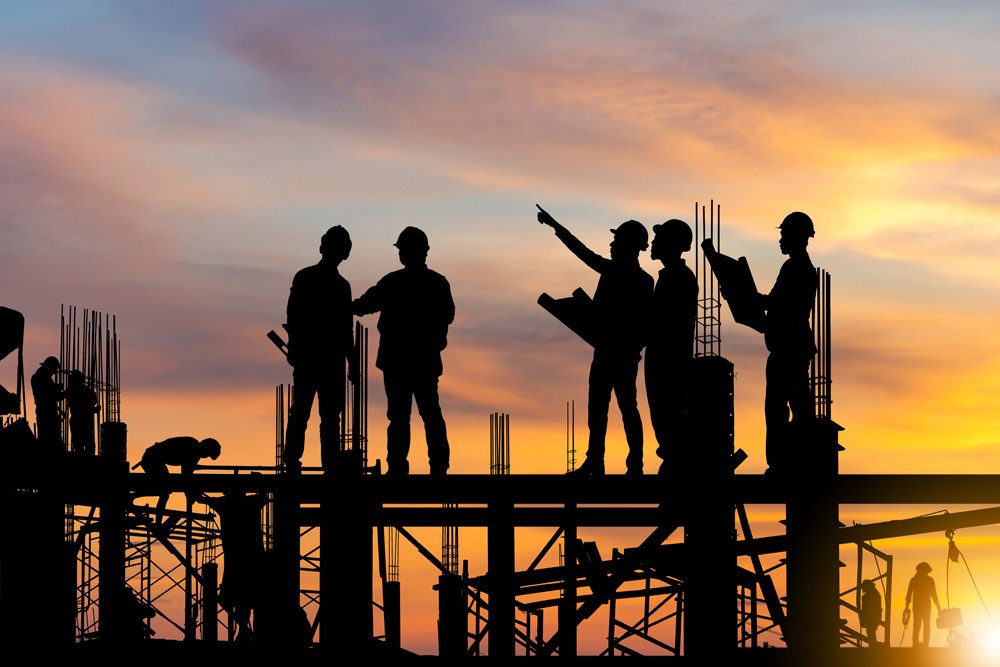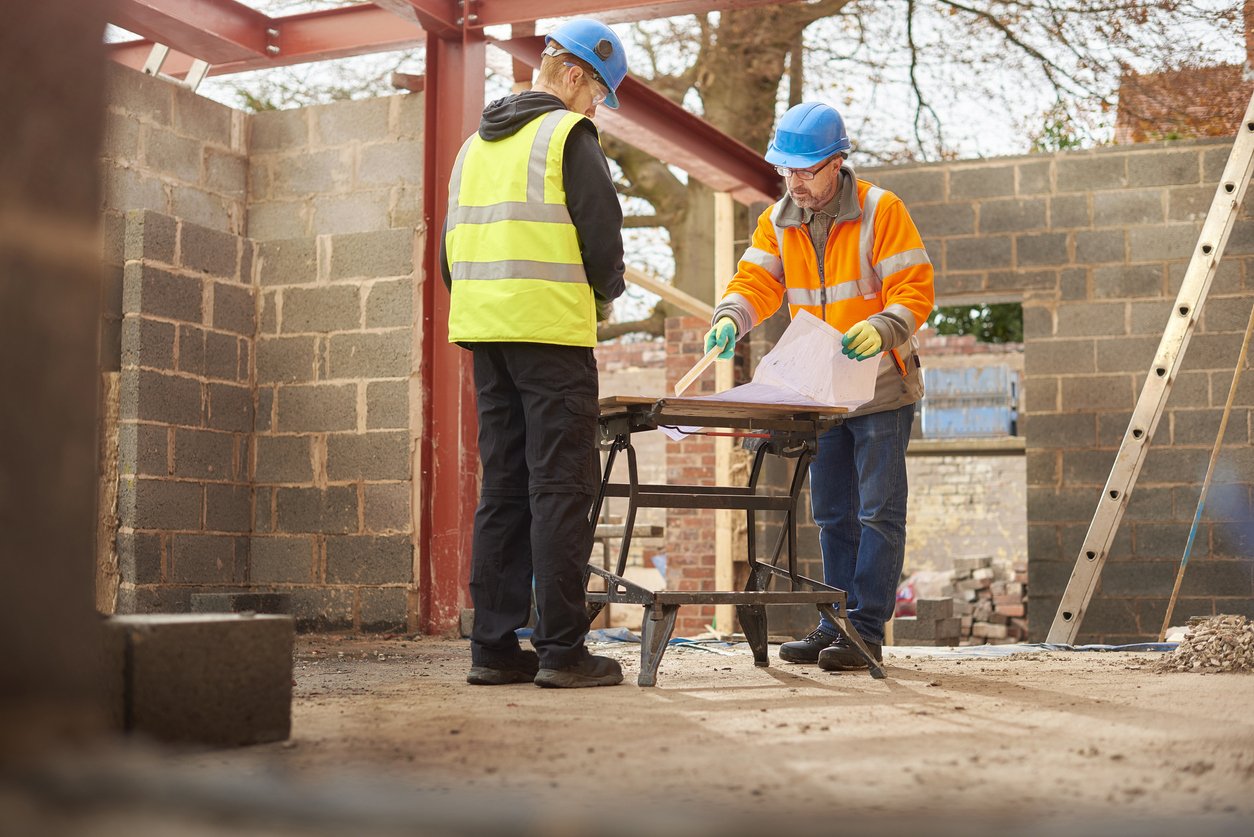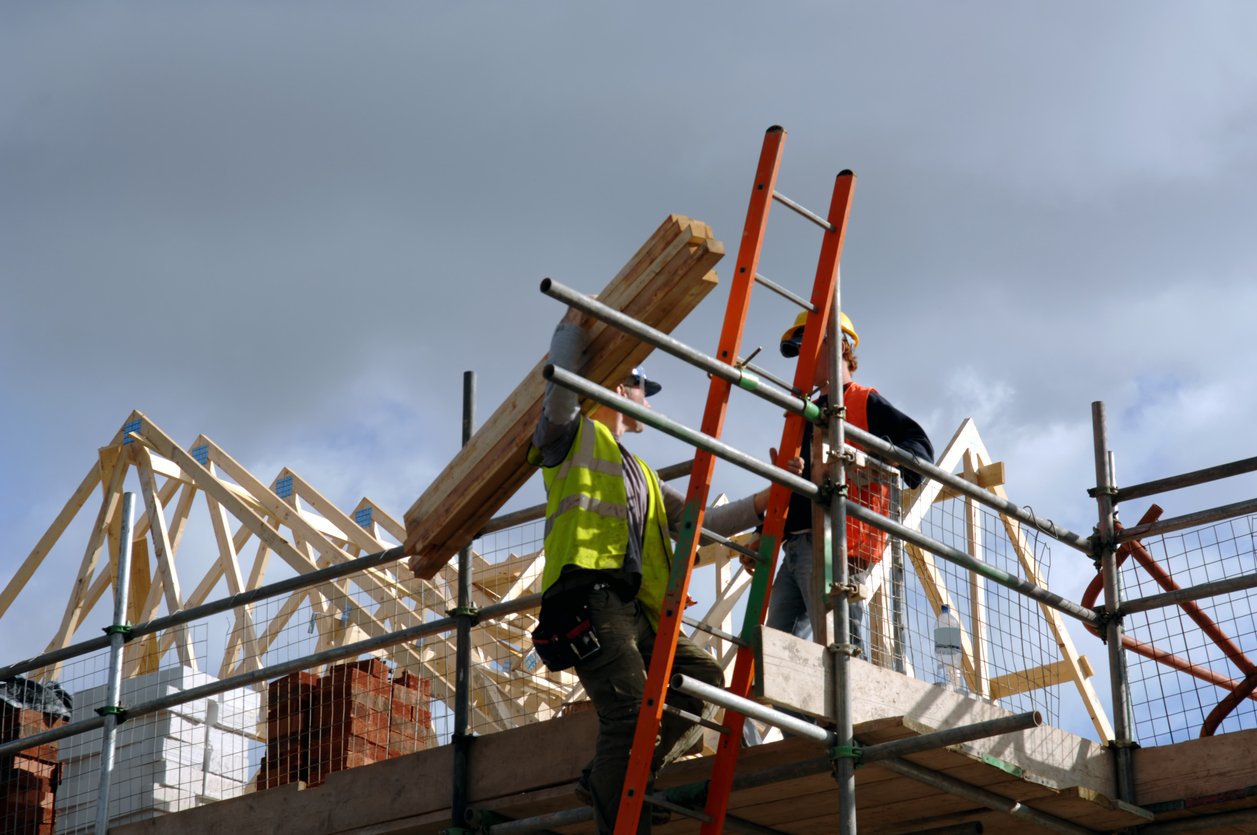
In the construction industry, delivering exceptional results isn’t just about completing projects on time or under budget—it’s about demonstrating quality and competence at every step.
These two pillars are vital not only to ensuring client satisfaction but also to building long-term trust and securing future business. Quality in construction guarantees that projects meet safety and regulatory standards, while competence ensures your team has the expertise to get the job done right.
In this blog, we’ll cover the key elements of quality and competence in construction, why they matter, and provide actionable steps to ensure both.

In construction, quality refers to the standard of work and materials used to meet client expectations, regulatory requirements, and industry standards. It encompasses both quality control and quality assurance:
In simpler terms, QC ensures the project meets quality standards during execution, while QA ensures those standards are built into the process from the beginning, following a quality management plan. Responsibility for quality in construction is shared among various stakeholders, including project managers, contractors and site supervisors.

Quality isn’t just a box to tick—it’s a critical factor in project success. Clients rely on projects being completed on time, within budget, and to the expected standard, as these outcomes directly influence their reputation, financial performance, and future prospects. Whereas for the supplying business, consistently delivering high-quality results fosters trust, strengthens relationships, and positions them as a reliable partner in the industry.
Here’s more on why quality in construction matters:
The consequences of poor quality in construction can be profound, often resulting in increased project costs, with errors accounting for up to 21% of overall project value in the UK—according to a report by Get It Right Initiative. This staggering figure highlights not only the economic burden but also the inefficiencies and risks associated with substandard practices. These issues can often lead to a loss of trust, legal disputes, and missed opportunities. That’s why addressing quality proactively is crucial to safeguarding lives, minimising costs, and ensuring long-term project success.

Competence in construction refers to the ability of a team or individual to perform tasks effectively, safely, and in compliance with industry legislation such as the Construction (Design and Management) (CDM) Regulations 2015. It involves technical knowledge, practical skills, and adherence to safety protocols. In other words, having the best quality control plan or risk assessment is meaningless without competent people to execute the job correctly.
As an employer, it’s critical to evaluate the competence of your workforce through the Construction Skills Certification Scheme (CSCS), which ensures that employees have the necessary qualifications and training for their specific roles.
Equally important is completing a pre-qualification questionnaire (PQQ) when tendering for contracts. This process demonstrates to clients that your business can meet critical project requirements, including health and safety standards, financial stability, and technical expertise.

Under the Building Safety Act 2022, a competent individual can be described as those with the appropriate “skills, knowledge, experience and behaviours” to perform tasks correctly and safely. For example, a site manager overseeing construction must possess both technical expertise and strong leadership skills to coordinate teams effectively.
In other words, competency involves more than just technical knowledge—it’s about applying that knowledge effectively, anticipating potential risks, and maintaining a professional attitude while getting the work done. Ultimately, it is critical for meeting legal requirements, protecting lives, and delivering projects that clients and stakeholders can trust.
Other reasons why competency in the construction industry is vital include:
Regulatory compliance: Many construction projects require proof of competence to meet legal standards.

To demonstrate quality and competence effectively, you need a robust strategy. Here’s a step-by-step guide:
Start every project with clear quality objectives. Define what “success” looks like for the client, including timelines, budget, materials, and any key performance or acceptance criteria. This helps prevent misunderstandings down the line and ensures that all team members are aligned with the client’s vision.
Communication is the backbone of any successful project. Keep clients informed with regular updates and be transparent about any challenges or changes. Whether dealing with delays, unexpected issues, or client requests, open communication helps manage expectations and strengthens the client relationship.
Adhering to safety standards and codes is also critical to demonstrating competence. This includes compliance with building regulations and Health & Safety requirements ensuring projects meet legal and safety standards. Always prioritise the safety of both workers and the public, as any safety lapses can lead to accidents, legal issues, and reputational damage.
Construction accreditations and certifications like CSCS and CPCS cards, ISO 9001 Quality Management, SSIP, or memberships in recognised industry bodies like CHAS (Contractors Health and Safety Assessment Scheme) and Smas Worksafe (Safety Management Services) all help reinforce your credibility. Make sure to highlight these qualifications to clients during project proposals.
Regular inspections are key to maintaining quality. Performing internal checks at key stages helps identify issues early, while third-party assessors provide an independent verification that work meets required standards. Early detection of problems prevents costly delays, reduces the risk of client dissatisfaction, and ensures the project stays on track.
When deficiencies arise, address them promptly and transparently. A proactive approach to fixing mistakes, rather than avoiding or delaying them, shows clients that you are committed to delivering high-quality results. It’s equally important to be transparent about the issue, explaining what went wrong and what steps are being taken to resolve it.
Modern technologies can significantly enhance the quality and efficiency of construction projects, streamlining processes and reducing errors. By leveraging cutting-edge tools, it demonstrates your business is innovative and dedicated to implementing best practices. Examples include:
Continuous improvement is key to staying competitive in construction. When collecting client feedback and conducting post-project reviews, you can identify areas for growth and refine your processes. Learning from each project helps you improve efficiency, enhance quality, and consistently meet client expectations, ensuring you deliver high-quality results every time.
Regular training is important to keep your team updated on the latest industry standards and emerging technologies. From Health & Safety workshops to technical upskilling, ongoing training ensures your workforce stays compliant and adaptable. By investing in their development, you enhance competency, improve efficiency, and maintain high-quality standards.
Finally, establish and follow a robust Quality Assurance (QA) plan. This should include process audits, documentation of standards, and a culture of accountability. If you embed QA into every phase, you ensure that quality is maintained from start to finish, helping to prevent issues, promote continuous improvement, and deliver results that meet or exceed client expectations.

Maintaining high standards of quality and competency is essential for standing out in the construction industry. We offer a range of CITB-approved training courses to help you and your employees understand the quality management responsibilities of a site supervisor or manager. Check out our course offerings below.
All our courses are delivered online, so you can take modules at any time, and at your own pace.
Request a quote today, or why not call us at 01752 281461, where one of our experts will be on hand to offer any guidance and advice for you about services.
